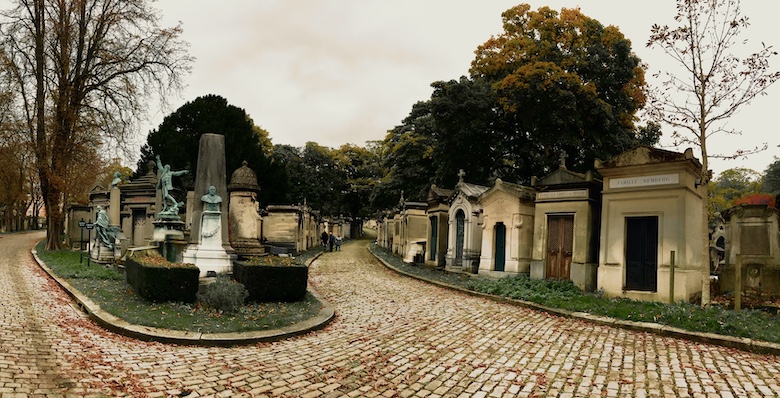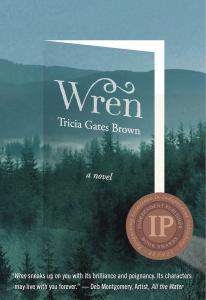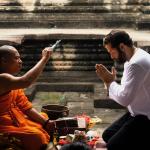
Of late, I am wooed by Ernest Becker, specifically his book The Denial of Death, published in 1974. A mid-century anthropologist, Becker wrote powerfully about the things that motivate modern people. Our greatest motivation, according to Becker is denying we’re all headed for the grave.
On the podcast The Gray Area, Sean Illing summarizes Becker’s work in one concise statement: “The big thesis [of Becker’s work] was that the majority of human behavior is driven by an unconscious desire to ignore our own mortality—that we do what we do, attach ourselves to the things we attach ourselves to, in order to avoid the reality of our eventual extinction.” Becker believed we are so motivated by this avoidance that we perennially look for ways to become the heroes of our own lives and worlds. This can take the archetypal form of Warrior or Healer; but it can also take the form of roles like Mother or even Good Person. We all ask: what can I do to make myself heroic and thus (at least metaphorically) immortal?
Our avoidance and denial of death is fairly obvious in eschatologically-oriented religions that focus more on “eternal life after death,” than on making this life meaningful; but so too is it obvious in our secular avoidance projects—the projects by which we amass more and more money status enjoyment influence in order that we might “live on.” Religion or no, everyone is doing it, according to Becker. He called these efforts our immortality projects.
Recently, after listening to a present-day popular psychologist discuss how our thought processes influence our health (something I believe), I couldn’t help wonder: How much of what we hear in pop psychology, health and wellness discussions, and spirituality, caters to a denial of death? No matter how close we come to perfection in spirituality and wellness, no matter how hard we work to be the heroes of our survival projects, our bodies will begin to break down and we will die. Seventy may be the new fifty, and people may be stretching the lifespan beyond the imaginings of our ancestors, but denying aging and death by way of affirmations and the gym are no less a denial of death than are old beliefs in a three-tiered universe.
This week I wished I could sit down with Mr. Becker to discuss Ozempic. A primer for those who’ve avoided the news this part year: Ozempic is a medication finding widespread off-label use in Hollywood and beyond among those who can afford its exorbitant price and commit to its lifelong use for weight loss. We don’t know the long-term effects of taking this medication. It works by causing lack of appetite, and lists as common side effects nausea and vomiting—all of which could have unforeseen physical consequences. Nonetheless, the drug helps the non-thin become thin. It can help those who are aging (that would be all of us) appear more youthful.
I can’t help wonder if Becker would see Ozempic’s popularity as a blaring denial of death.
But Becker didn’t just diagnose the problem of death-denial; he encouraged us, in view of our immortality, to seek meaning. How is meaning different from our secular avoidance programs, our endless efforts at self-survival via self-promotion? According to Becker, our efforts at meaning-making can increase our awareness that we are going to die just like everything else. They can strip away our delusions.
Becker came to see value in the miraculous-ness of life, and in the religio-spiritual. He viewed the religious perspective and the life of faith as critical pathways toward a life of meaning.[1] He saw value in spiritual technologies that increase self-awareness, helping us to see through our own immortality projects. Becker appreciated mystery and holding open the door of our minds to the big questions for which we have no answers: why are we here? Why are we of all creatures able to ask the big questions? Since we mostly repress questions of deeper meaning because they force us to look honestly at ourselves, traditions that encourage us to ask hard questions and scrutinize ourselves are to be commended. Becker appreciated this function of religion.
On the heels of his death, Becker won the Pulitzer Prize—for a writer, the ultimate hero project and gravestone inscription. Yet his greatest contribution was in challenging us to scrutinize why we wish for such prizes in the first place; what we hope they will accomplish. After all, in the end, Pulitzer Prize winners die too.
[1] https://web.pdx.edu/~tothm/religion/Becker%20Summary.pdf
Wren, winner of a 2022 Independent Publishers Award Bronze Medal
Winner of the 2022 Independent Publisher Awards Bronze Medal for Regional Fiction; Finalist for the 2022 National Indie Excellence Awards. (2021) Paperback publication of Wren , a novel. “Insightful novel tackles questions of parenthood, marriage, and friendship with finesse and empathy … with striking descriptions of Oregon topography.” —Kirkus Reviews (2018) Audiobook publication of Wren.


















